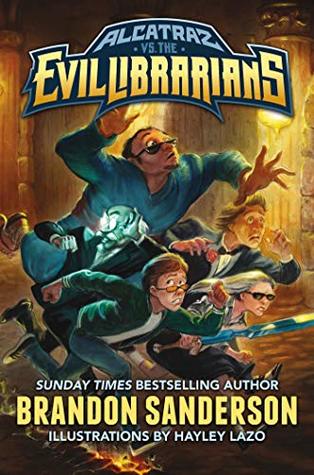More on this book
Community
Kindle Notes & Highlights
Read between
May 27 - May 28, 2020
People are never pleased when you reveal that their beliefs are wrong.
“Look,” she said. “I’m sorry. I’m not very good with people. They annoy me. That’s probably why I ended up in a job that lets me beat them up.”
Since nothing I can say would be able to pierce your delusions, let the fact that I make no arguments stand as ultimate proof that I am right. As Plato once said that his friend Socrates once said, “I know that I’m right because I’m the only person humble enough to admit that I’m not.” Or something like that.
People can do great things. However, there are some things they just can’t do. I, for instance, have not been able to transform myself into a Popsicle, despite years of effort. I could, however, make myself insane if I wished. (Though if I achieved the second, I might be able to make myself think I’d achieved the first. . . .) Anyway, if there’s a lesson to be learned, it’s this: Great success often depends upon being able to distinguish between the impossible and the improbable. Or, in easier terms, distinguishing between Popsicles and insanity.
The ending of a book is, in my experience, both the best and the worst part to read. For the ending will often determine whether you love or hate the book. Both emotions lead to disappointment. If the ending was good, and the book was worth your time, then you are left annoyed and depressed because there is no more book to read. However, if the ending was bad, then it’s too late to stop reading. You’re left annoyed and depressed because you wasted so much time on a book with a bad ending.


